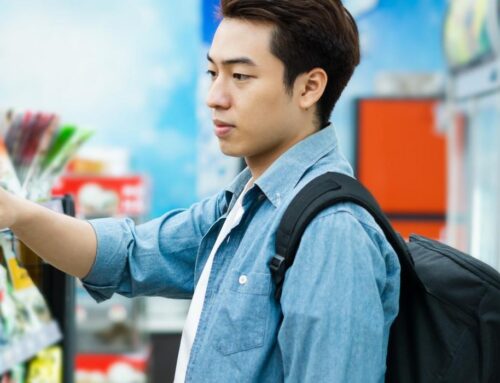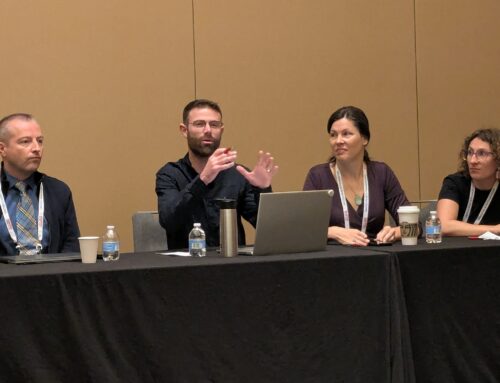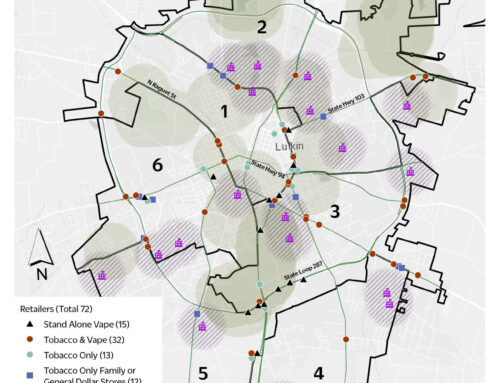The Texas House of Representatives voted this week to ban the sale of intoxicating “hemp” products throughout the state, closing the loophole on unregulated THC products. The bill is expected to be signed into law by the Governor.
Research by Dr. Matthew Rossheim, which was considered during this policy discussion, found that some of the biggest retail stores in Texas are selling dangerous and often illegal cannabis products. These include items that break state and federal laws or have been deemed unsafe by the FDA, such as certain THC edibles and vapes that are too strong, imported edibles with banned ingredients, and unapproved drugs like tianeptine and kratom extracts. Some retailers are using risky sales tactics like giving out free samples, not checking IDs, and selling near schools—methods that increase the chances of young people using these products.
CBD and CBG products would remain legal under the bill, but would no longer be legal to be sold within 1000 feet of a school.
The bill also introduces new criminal penalties for possessing as well as selling intoxicating hemp products, which unfortunately could contribute to additional incarceration related to hemp as well as marijuana. Public health laws can support social justice, but they can also contribute to inequities. It is imperative for public health professionals and decision makers to consider the role of structural racism and discrimination in policy work and enforcement and to continually take meaningful steps toward equitable cannabis policy change.
Intoxicating “hemp” and THC products, sometimes referred to as derived psychoactive cannabis products (DPCPs), are currently available in nearly every state, including those states that have banned certain DPCPs like Delta-8 THC. This is due to a loophole created by the 2018 Farm Bill which allows for the continuous development and sale of new types of DPCPs. The Texas bill has the potential to significantly reduce the availability of harmful cannabis products for Texans, particularly youth.





